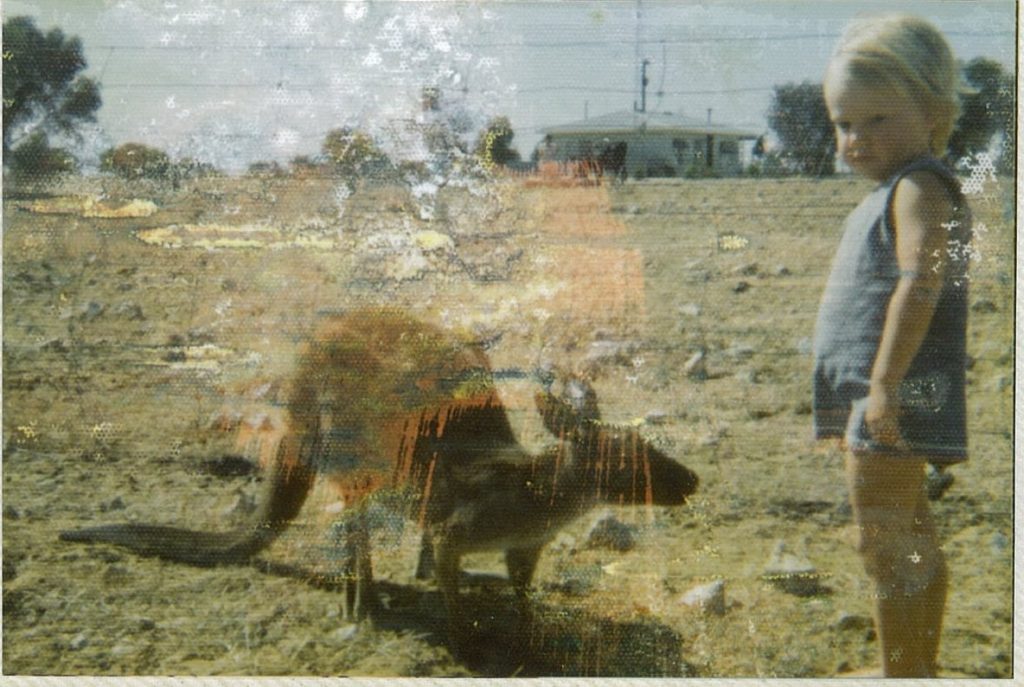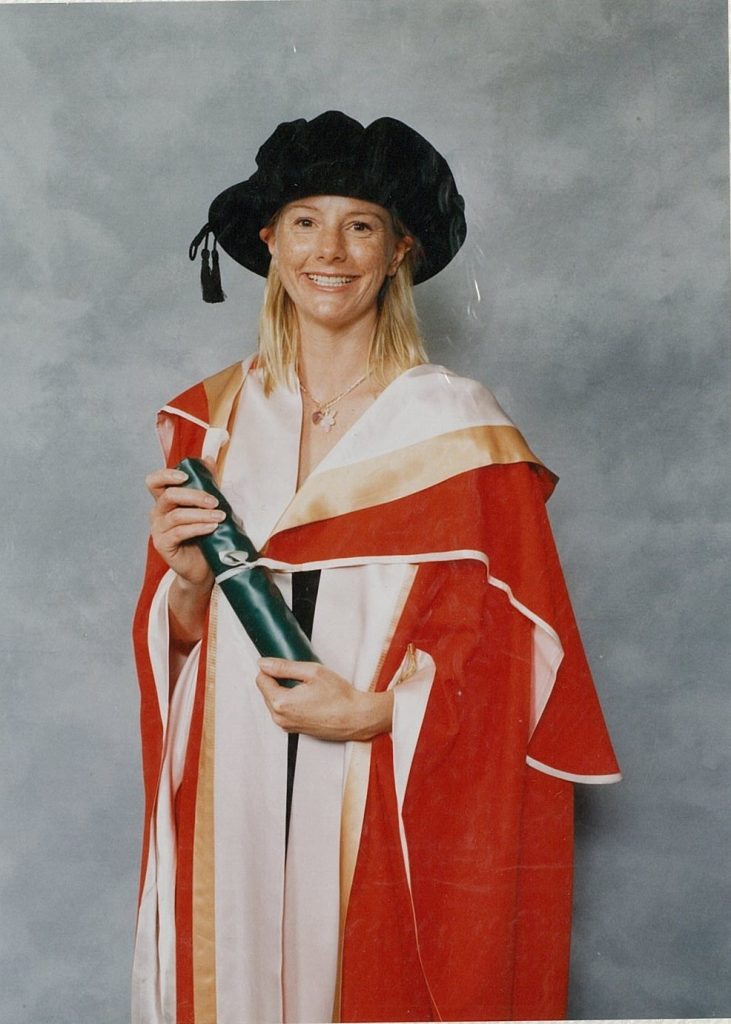Letting go of outdated coping mechanisms can be challenging. Sometimes we have done them for so long it seems like who we are. It can feel weird, and unsettling to choose to behave differently.
For instance, I have been a people pleaser for a long time, trying to win love and approval because I felt so alone, so sad and scared at times when I was young. My Dad worked away from home for weeks on end, and my Mum wasn’t very happy or child-focused. Her Mum wasn’t a cuddly Mum either so it was normal for her to tell me to just go away, go play, and leave her alone. This taught me to be able to hide, not take up too much space, be somewhat invisible and repress my needs for contact, affection, and togetherness.

The positive of this was I became more connected and attuned with nature, wandering the farm on my own. I became focused on studying and later work/career as a way to occupy myself and distract myself from my loneliness and sadness. I too was a lot like my Mum telling my needs to go away, leave me alone. And as I got older I treated my friend’s kids as a bit of a nuisance too. I’d be polite and friendly, but get bored quickly and wish they would go play so I could spend time with my friend. What occurs to us when little stays with us until we heal it.
I wanted to have kids but never did. They’d take up so much time and energy. I had so many fears of them getting hurt, of not being able to protect them, and of not wanting to hurt them myself. I had so much family baggage and entanglements with my ancestors that the fear was overpowering.
I’ve had to work through layer after layer of conditioning and entanglements to release them and be more open to caring for my inner child, meeting my needs, accepting what occurred in my childhood and understanding why my parents behaved the way they did, and that it actually wasn’t about me.
Their moods, their sadness and confusing behaviour weren’t about me. It was a consequence of an unhappy marriage that wasn’t working out and was heading towards separation. My parents, like a lot of us adults, were caught up in their own pain and life challenges and didn’t notice my needs.
This is very common and kids are very adaptable. They find ways to get by, to cope, to avoid or distract themselves from their painful emotions. They change the way they behave trying to win or earn love, attention, and approval.
I was the queen of that! Do a PhD, try and save the world, and help improve the sustainability of the planet. Added bonus I’m so busy working and studying I can ignore how sad I am or how lonely I feel because I’m doing important work. I’m being useful and good, earning my place in society, and hopefully getting seen, loved and accepted.

This pattern of overwork and study, helping others and helping the planet and society have continued through all I do, but I try to be more balanced with it now and to do it because I love it and enjoy it, not because I have to or am trying to win love, attention, acceptance or thinking that others need me to save, rescue or fix them. That’s classic codependence and not healthy.
So now I focus more on what I want to do and what I need. I meet my own needs and take care of the younger selves within me who were hurting. I look at life with more adult eyes, instead of wounded child eyes, and I realise my life is good. I have what I need, a home, a good job, a loving partner and family, friends, hobbies and more. My life is actually really good. It was just all the old hurt, old story that made it feel less than, not okay, lacking.
As I settle into this ‘enoughness’ I start to question “What do I want to do? How much of it do I want to do? What do I value most and where will I put my time and energy?” It’s a recalibration of the old coping mechanisms into a newer, freer, more flexible way of being, able to say no, to rest, to be quiet, still and receptive, reconnecting with body and heart, not just mind and feelings.
It’s a big journey coming back home to feel safe and okay in your body, letting go of the old story and accepting what has been and is, and choosing how you want to live your life.
Our pasts may have been painful and filled with challenges. We don’t have to like that, but fighting against it, and complaining about it just keeps us stuck. When we do the work to heal we can break free of the patterns and open to the new. It is worth the effort.
Many blessings to all,
Jodi-Anne
P.S. There is a range of free resources on my website that may be of assistance to you with your healing journey.